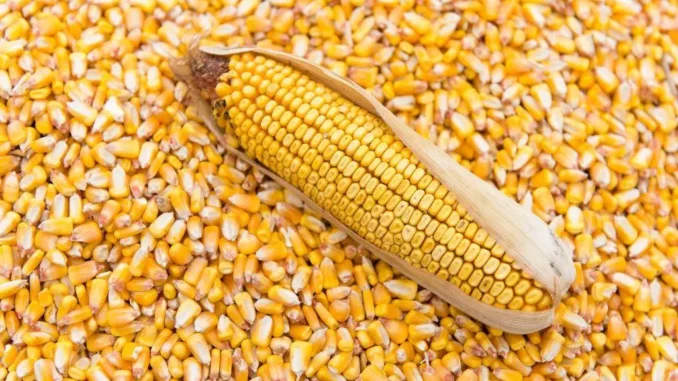
Nigeria’s Senate has enacted legislation criminalizing large-scale corn exports, addressing escalating food security concerns in Africa’s most populous nation. The bill targets exports exceeding one metric ton of unprocessed corn, establishing penalties including fines equivalent to the corn’s value or one-year imprisonment for violations.
This legislative action responds to the country’s most severe cost-of-living crisis in a generation. Economic challenges have intensified following President Bola Tinubu’s austerity reforms, including currency devaluation and fuel subsidy removal. These measures have contributed to rising inflation and increased informal agricultural exports to neighboring nations due to currency exchange advantages.
The United States Department of Agriculture projects Nigeria’s corn exports will increase to 75,000 metric tons in 2024/25, up from 50,000 metric tons in the previous period. Domestic consumption reaches approximately 12 million metric tons annually, with imports around 100,000 metric tons. Corn serves as a crucial staple, supporting food security, animal feed production, and industrial processing.
Recent joint assessments by Nigerian authorities and United Nations agencies indicate that over 30 million citizens face food insecurity risks in the coming year, representing a one-third increase from current levels. The currency’s weakness has particularly impacted agricultural trade dynamics with neighboring countries using the West African CFA franc, prompting this legislative intervention to protect domestic food supplies.
